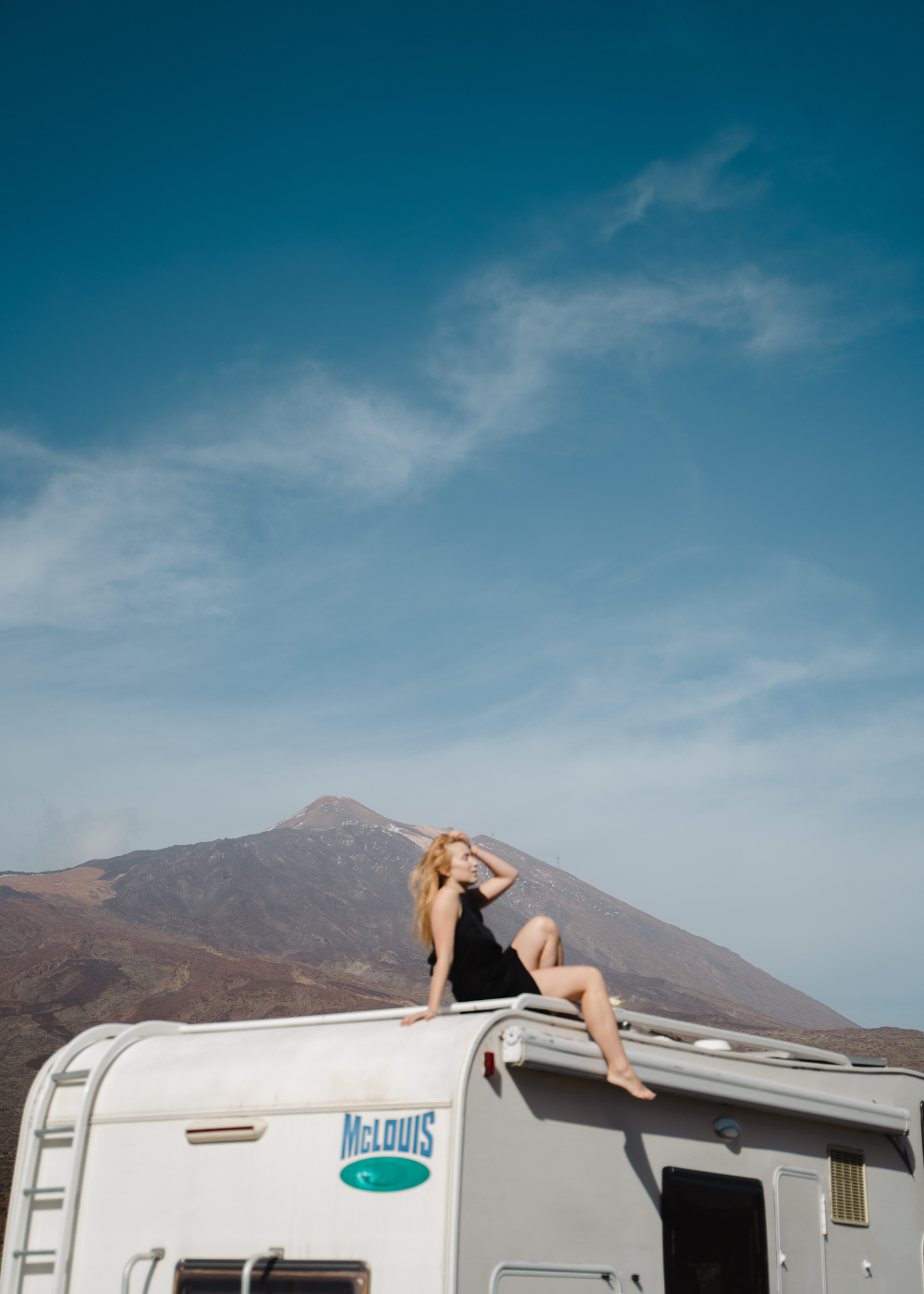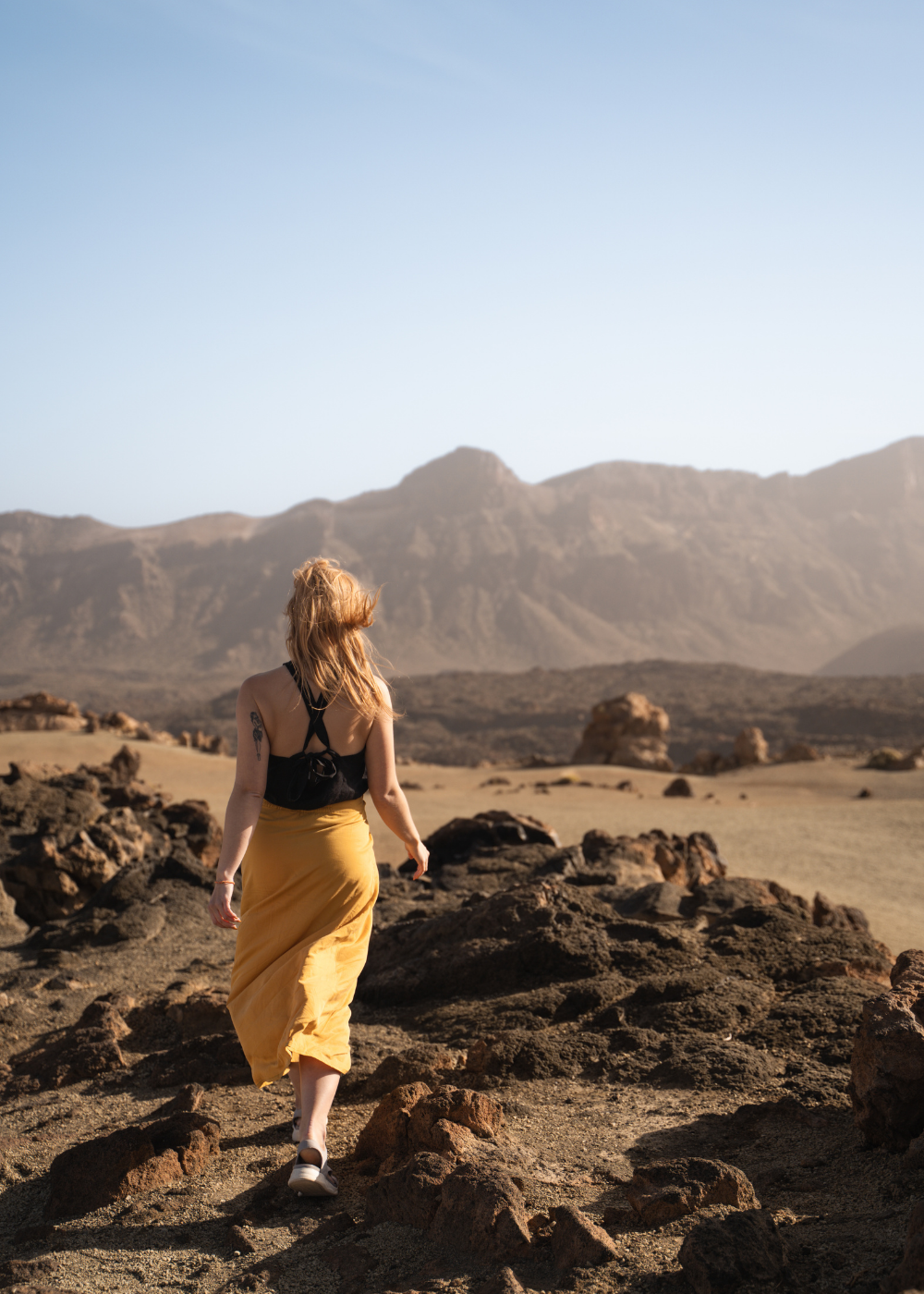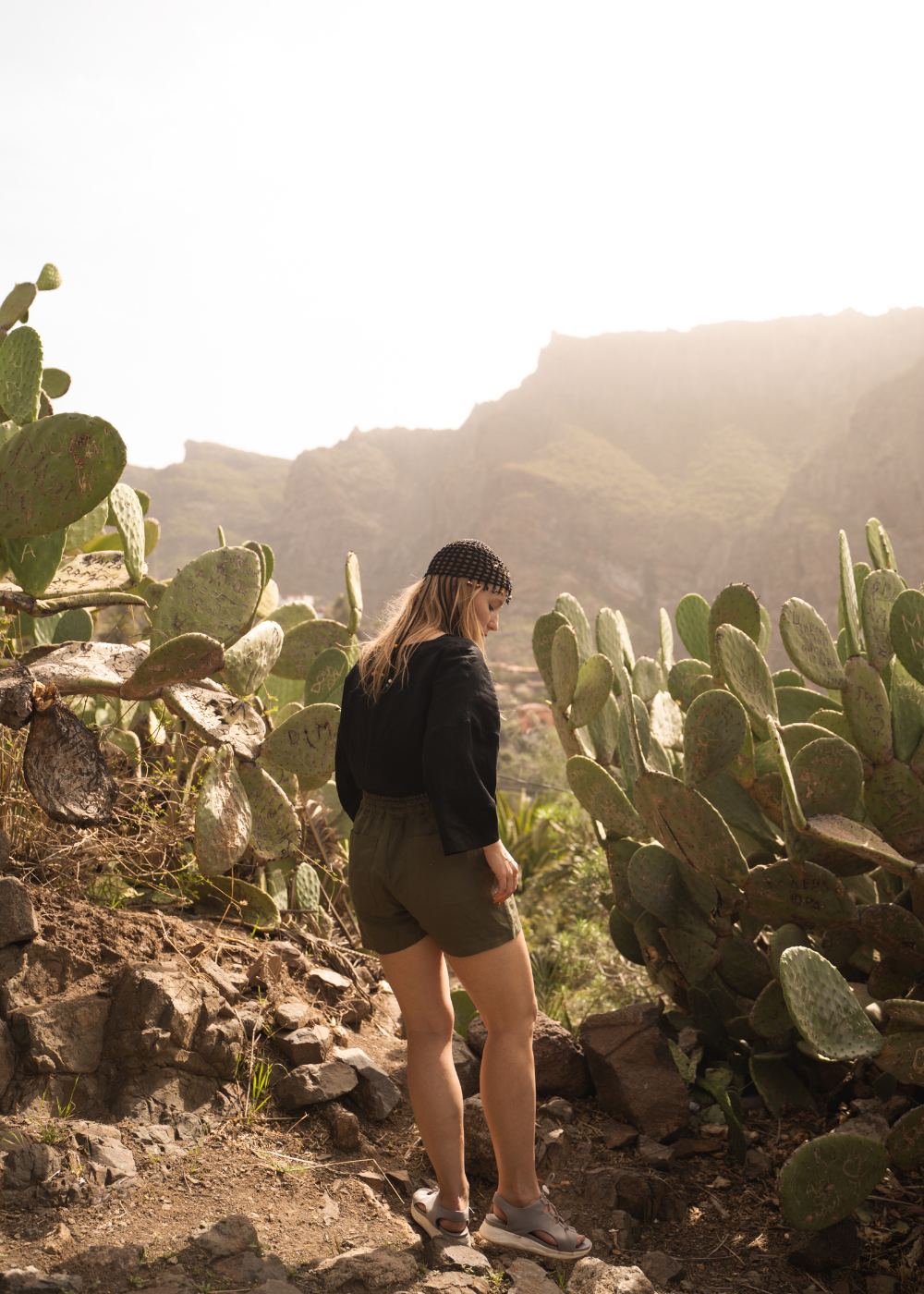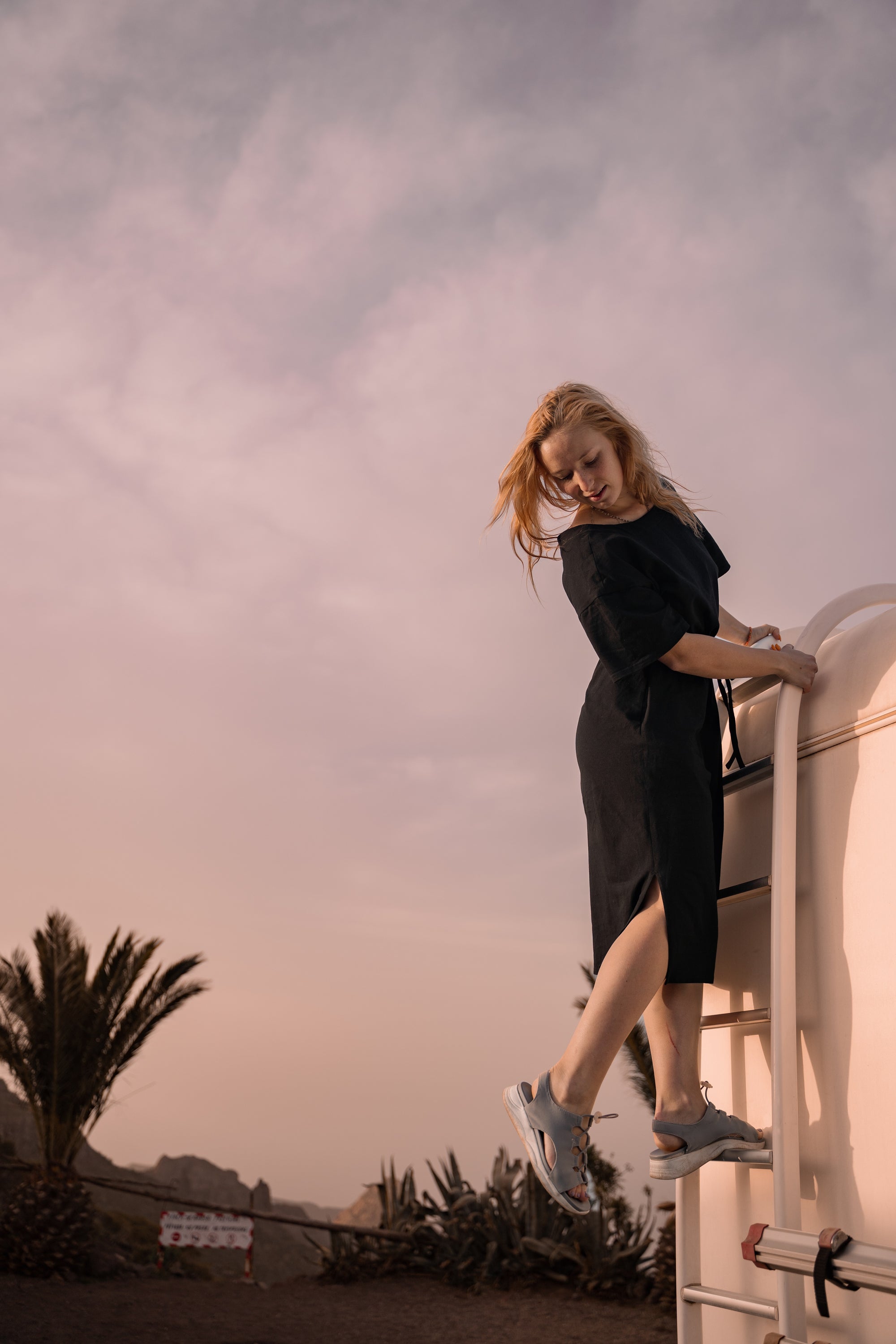RELOOP WEAR
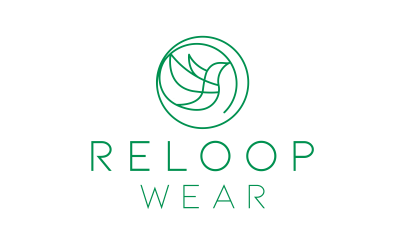
HELLO THERE!
Start your journey with travel capsule wardrobes for conscious travellers, just like you. No more packing headache. Travel with a versatile single carry-on only -sustainably and worry-free. Drop your email address to be the first one to know when we re-launch with our special offers:
This store will be powered by
Store owner?
Login here

Before we launch, we want to share with you our first ever transparency report. On it, we’re telling you everything about our past year -the good and the ugly, the wins and the losses- along with where we currently stand and our next steps for the future. We know we’re not perfect (and we will likely never be), but we believe in being fully transparent. HERE IT IS:
OUR 2022 TRANSPARENCY REPORT:
PACK 6 ITEMS, GET A WHOLE WEEK OF OUTFITS
SIGN UP TO KNOW WHEN WE LAUNCH.
WE DESIGN PER DESTINATION, NOT FASHION TRENDS. PRESALE STARTING SOON.
TAKE A SNEAK PEEK
REACH OUT:
Do you want to contact us before we launch? No problem! We love getting to know new people ;)
Please drop a message below:


